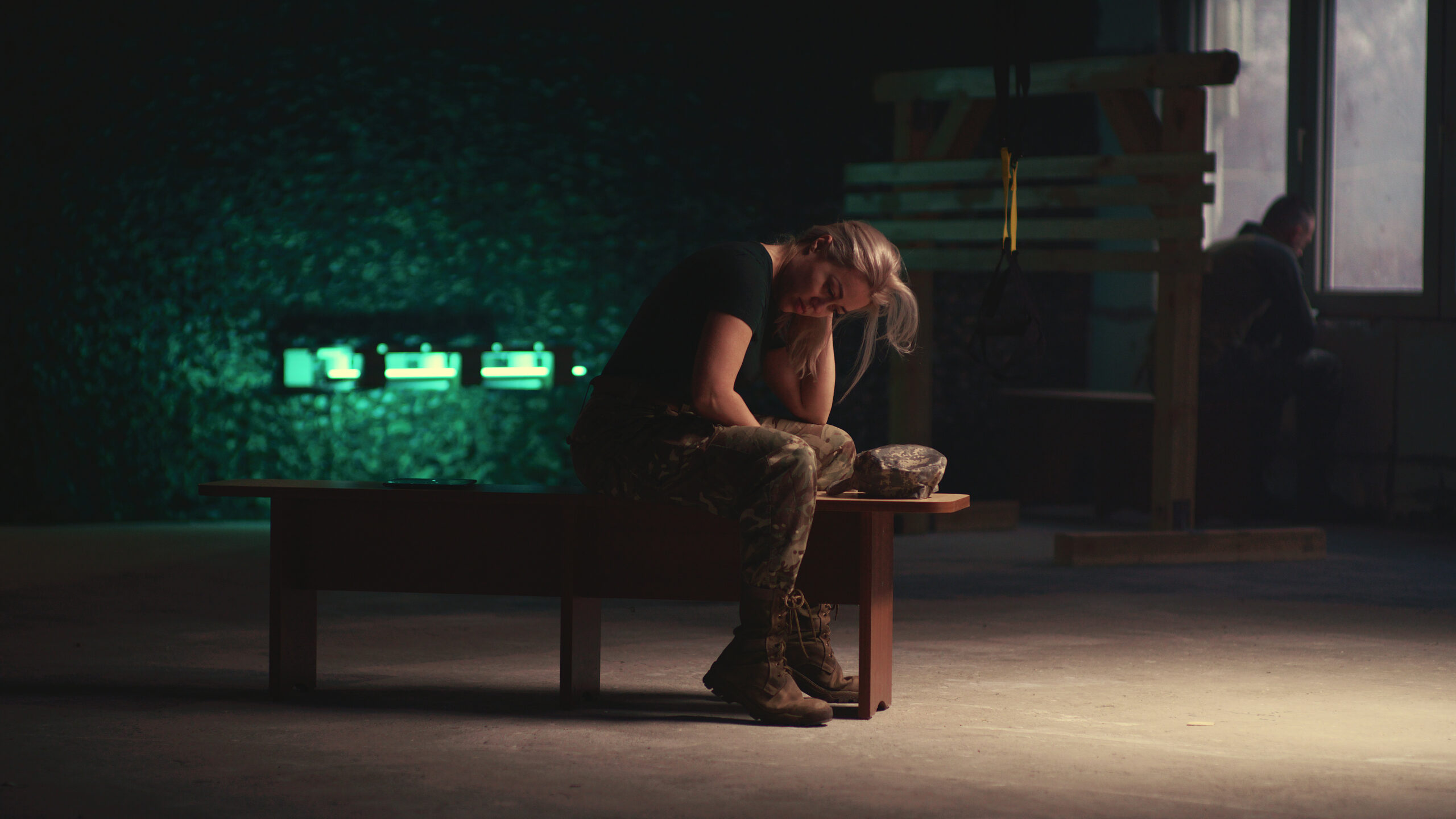By: Karen Shirer, Ph.D.,
Women play a growing pivotal role in military operations, and their experiences often differ from their male counterparts. A recent webinar, Warrior Wellness: Mental Health and Women in the U.S. Military, looked at how mental health concerns manifest differently for women, especially women in the military.
Mary Mattson, LICSW, helped viewers to understand the mental health concerns for women in the military as well as warning signs and symptoms, resources, and guidance on helping women service members seek help. Ms. Mattson has served as the Director of Psychological Health at the 133rd Airlift Wing, Minnesota Air National Guard, in Saint Paul, Minnesota for the past 8 years. She also serves as the Wing’s coordinator for the Suicide Prevention Program. She noted that the topic of mental health and women in the military was very broad, and hoped to provide “hallmarks” of the topic in the webinar.
First, a few facts about women who serve in the military. Women comprise more than 16% of active duty service members and this percentage continues to grow. They filled 10% of all positions among deployed forces in recent military conflicts. Over 150,000 women serve in the National Guard and Reserves. Women are the fastest growing population served by the US Department of Veterans Affairs.
Here are five key takeaways from the webinar:
1. In general, women in the military are under-researched but recently more research has begun to be published to help us better understand their mental health concerns. Current research shows these statistics and trends:
• More than 25 percent of all active duty women had a history of a mental health condition.
• Active duty women were almost twice as likely to be diagnosed with mental health disorders than male colleagues.
• Women’s common diagnoses included: depression, anxiety, adjustment disorder, eating disorders, and PTSD (men are more likely to be diagnosed with PTSD).
2. We need to avoid over-generalizing about mental health and the military. Media stories about service members returning from war zones might lead us to believe that all or a large proportion of soldiers suffer from PTSD, traumatic brain injury (TBI), and other mental health problems. These conditions are true for some returning from deployment but most do not experience long-term issues. Mental health and neuroscience are complex and we need to not put people into boxes.
Experiences of deployment and conflict will vary significantly from service member to service member depending on the mission and the branch of service. If a service member is predisposed to anxiety or depression, it doesn’t mean they will automatically experience these issues as a result of deployment. But if they find themselves in turbulent, stressful, unpredictable, and violent situations, the stage may be set for mental health problems. However, it is not a guarantee.
3. Current research shows these unique characteristics of and challenges for women with mental health disorders:
• Women who have been treated for mental health issues tend to be younger, black, active duty, and unmarried.
• Women’s stressors include being responsible for children or families, and being both employed and attending school.
• Of 1,000 enlisted in the military (85% of the sample were in the Army), 40 percent were diagnosed with PTSD, depressive disorders, adjustment disorders, and anxiety disorders.
• Older women were at higher risk for PTSD and depression due to multiple deployments, their place in the family life course, and other life transitions.
• Military sexual trauma, which is an experience and not a diagnosis, impacts about 25 percent of women in the military. Survivors react differently from each other, and may experience sleep difficulties, substance abuse, relationship problems, and numbness or strong emotions.
• Suicide is lower for women than men in the military. But women in the military were 1.8 times more likely to die by suicide than civilian women. Factors contributing to suicide were: leaving the military, financial struggles, domestic violence, substance abuse, and military sexual trauma.
Nearly half of women and men reported difficulties with reintegration during post deployment, including family issues, anger and irritation, trouble adjusting to civilian life and work, PTSD, and lost interest in daily activities.
4. Stigma remains for both women and men in the military when seeking mental health services. Many military members are reluctant to get help for fear of losing their security clearance or impacting their career in other ways. But the presenter was very clear that it is more risky and detrimental to their careers in the long-run when they do not seek help. For example, if left untreated, a commanding officer may require a formal mental health evaluation, which can be more impactful. The research described above found that 97% of personnel who sought mental health treatment did not experience any negative career impact. It’s important to keep in mind that mental health care is different than what most people believe and often involves learning strategies and developing a plan on how to address depression and anxiety.
5. There are important signs to look for when someone is struggling with mental health concerns, and proactive approaches for encouraging them to seek treatment. First and foremost, have a conversation with the individual, ask questions and listen for these signs:
• Inability to find pleasure in things that were usually pleasurable.
• Eating too much or too little.
• Change in sleep patterns.
• Ask questions about self harm or harm to others. The presenter suggested this approach: “It’s common for someone who has a lot of stress to feel like things are hopeless. Have you felt like that?”
• Trust your gut.
Here are ways to help:
● Refer to mental health programs designed for military women.
● Give referrals to websites, literature, agencies, and other resources.
● Normalize their experiences as a member of the military.
To learn more about mental health of women in the military, go to the event page to find the webinar recording, resources, and other professional development opportunities that focus on women in the military.
Writers Biography
 Karen Shirer, previous Associate Dean of the University of Minnesota Extension Center for Family Development. Karen is also the parent of two adult daughters, a grandmother, a spouse, and a cancer survivor.
Karen Shirer, previous Associate Dean of the University of Minnesota Extension Center for Family Development. Karen is also the parent of two adult daughters, a grandmother, a spouse, and a cancer survivor.
Photo source: Adobe stock















